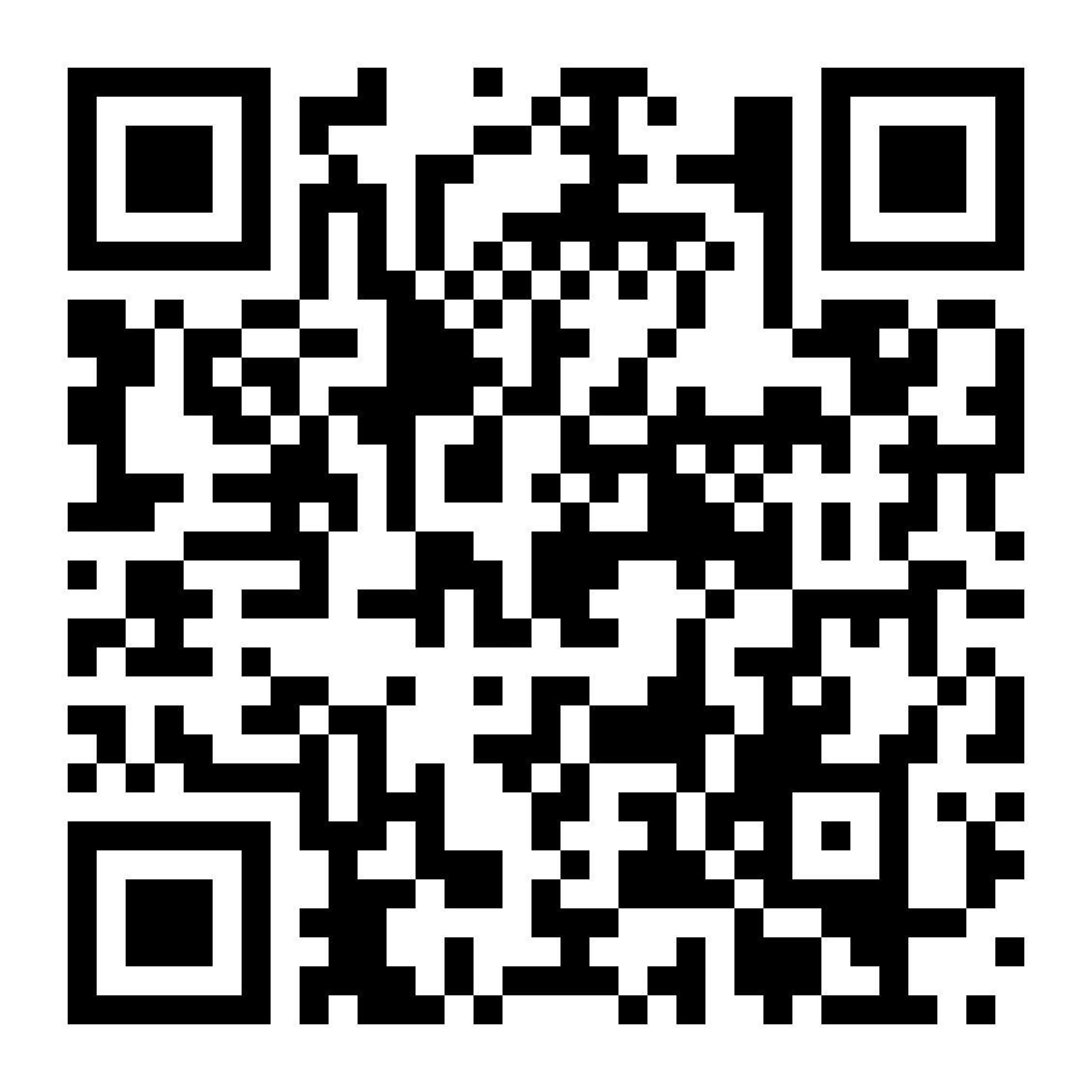TL;DR
- Use the right payment methods: Prefer credit cards for rewards, prepaid for budgeting, and digital wallets for convenience and FX savings.
- Always pay in local currency: Avoid dynamic currency conversion (DCC) charges when abroad.
- Watch for FX fees and timings: Spend or exchange on weekdays to dodge weekend markups.
- Stay secure and track spending: Use app features to freeze lost cards, get real-time alerts, and categorise expenses.
- Maximise rewards and savings: Earn cashback, use loyalty programs, and export data for easy expense reporting.
Whether you're racking up air miles or juggling international meetings, travel costs can spiral fast. This guide unpacks smart ways to pay, track, and save as a frequent flyer or business traveller in 2025.
Choose the Right Payment Tool for Business Travel
Travelling for business? It’s important to choose your payment tool carefully, depending on your needs.
Credit vs debit vs prepaid cards
|
Feature |
Credit Card |
Debit Card |
Prepaid Card |
|
Source of Funds |
Borrowed money from a credit issuer (bank) |
Directly linked to your bank account funds |
Loaded with a fixed amount in advance |
|
Spending Limit |
Up to a credit limit set by issuer |
Limited to the available balance in your bank account |
Limited to the prepaid balance on the card |
|
Payment Due |
Pay the issuer later (monthly billing cycle) |
Money is deducted immediately |
No borrowing; use funds already loaded |
|
Interest |
Charged if balance is not paid in full monthly |
No interest charges |
No interest charges |
|
Purpose |
Borrowing, building credit, rewards, large purchases |
Everyday spending, direct access to funds |
Controlled spending, gifts, budgeting |
|
Credit Impact |
Affects your credit score |
Generally no impact on credit score |
No impact on credit score |
|
Typical Use |
Can carry a balance and pay later |
Pay as you go |
Limited use based on prepaid amount |
Corporate vs personal cards
|
Feature |
Corporate Card |
Personal Card |
|
User |
Issued to employees for business expenses |
Issued to an individual for personal use |
|
Purpose |
To manage and control company spending |
For personal purchases and expenses |
|
Billing |
Paid by the company, often with detailed expense tracking |
Paid by the individual cardholder |
|
Spending Controls |
May have limits, restrictions, or approval workflows set by the company |
Typically no spending controls except credit limit |
|
Rewards |
May have business-focused rewards (travel, office supplies) |
Personal rewards like cashback, travel points |
|
Accountability |
Employee may need to submit receipts and follow company policy |
Cardholder responsible for payments |
Digital Wallets
A great option for those wanting to store credit, debit and pre-paid card details on your phone, watch or even jewellery, popular digital wallets such as Apple Pay, Google Pay, and Curve Pay, allow you to pay from a number of different cards. Digital wallets offer many perks, such as FX-free transactions, cashback on purchases (this may vary) and loyalty perks such as discounts on food and drink. They also allow you to track spending in real time, helping you to feel in complete control of your money no matter where you are.
Which card is the best for me?
If your company offers a corporate card with good travel benefits, it’s usually the better option for business travel. If not, or if you prefer flexibility and rewards, a personal card might make more sense—just keep good records to track spending. However, regardless of which payment type you choose, digital wallets are always a great option for those looking for payment flexibility. They can be used to avoid FX fees, earn cashback, and track spending in real time across a number of different cards. Curve Pay is a strong example of this, especially in its ability to make any card a travel card, helping you to avoid pesky FX fees.
Avoid Common Business Travel Money Mistakes
Managing business travel finances can feel overwhelming, but take care to avoid these common mistakes which can be easily solved by using digital wallets.
Paying in GBP abroad (DCC)
When paying abroad, always pay in local currency. The exchange rate is usually much better than in GBP. Make sure to use cards that don’t charge FX fees for foreign currency transactions.
Using cards with weekend FX markups
Some travel or fintech cards (like Revolut or Monzo) add a weekend markup (typically 0.5%–2%) when markets are closed. This applies to currency conversion rates used on Saturdays and Sundays. To avoid this, be sure to exchange or spend during weekdays. Try to opt for cards that lock in rates before the weekend or don’t add weekend fees.
Forgetting to freeze/secure cards when lost
Lost or stolen cards can be stressful. With a high risk of fraud you must act quickly to avoid account draining or unauthorised transactions. To avoid this, use cards/digital wallets that allow instant freezing/unfreezing, such as Revolut or Curve Pay. Some modern digital wallets (eg. Apple Pay, Curve Pay), allow you to disable access immediately, even if your phone is lost.
Not tracking spending in real time
Don’t forget to set up real-time transaction alerts via app notifications to not only help you to keep track of your spending and stay within your budget, but also to instantly make you aware of any suspicious spending activity.
Earn More from Travel Spending with Rewards & Cashback
Travel doesn’t just have to cost you money. With the right payment tools, you can earn cashback on purchases abroad, such as 1% cashback with Curve Pay on foreign currency spending with premium plans. Airline loyalty schemes also offer rewards through points or miles for frequent flyers. These can be used to purchase future flights and access lounges.
(MoneySavingExpert). Hotel points are another helpful way to save money. Some hotel reward schemes offer points that can be redeemed for free nights or even room upgrades!
Use a Digital Wallet to Stay Organised On the Go
Digital wallets are a brilliant tool to keep on top of your finances wherever you are. Expenses are automatically tracked and logged onto an app, meaning you can always keep track of how much you are spending. Be sure to turn on digital wallet notifications to be reminded of spending in real-time. Some digital wallets, such as Curve Pay, simplify digital banking by allowing you to combine business and personal cards, giving you spending flexibility. FX fees can also be easily avoided by using a digital wallet. With Curve Pay, for example, any card can instantly become a travel card, saving you money. Finally, in the case of a card being lost or stolen, digital wallets add security to your finances. At the touch of a screen you can instantly freeze cards, giving you peace of mind that your cards are always protected against fraud.
Smart Expense Tracking for Frequent Flyers
Frequent travelers can streamline expense tracking by using smart tools and habits. Start by tagging expenses in your credit card app—many allow custom labels or categories to separate business from personal costs. Regularly download CSV files from your card’s website to organize data in spreadsheets or accounting tools like QuickBooks. Choose credit cards that offer built-in monthly or annual reports with export options to simplify reporting. To stay on budget, set spending limits using card alerts and fintech apps like Revolut. These tools can help prevent overspending on work trips. Finally, automate reminders for monthly reviews, exports, and app alerts to stay on top of your finances. A 10-minute monthly check-in can save hours at tax time and help you track business deductions more easily. Combine automation with smart card choices for efficient, stress-free expense management on the go.
Final Tips to Simplify Business Travel Spending
In summary, managing business travel spending doesn’t need to be a worry. Just remember:
- Always use a no-FX-fee travel card
- Avoid paying in GBP and instead always choose local currency
- Maximise rewards where possible eg. cashback
- Track expenses through digital wallets
- Remember to freeze stolen or lost cards using a digital wallet or banking app
FAQ: Managing Money While Travelling for Business
What’s the best travel card for business in the UK?
It depends on your needs—but look for one with no FX fees, real-time spend tracking, and cashback or points.
Is it safe to use digital wallets abroad?
Yes, they offer excellent security, with instant card control and biometric protection.
Can I earn rewards for business travel expenses?
Absolutely—just be sure your provider includes international spending and doesn’t exclude work-related purchases.
How do I track business expenses while travelling?
Use mobile banking or wallet apps with expense tags, monthly reports, and exportable data.
Should I use a personal or business card when flying for work?
If reimbursed by your employer, either may work. For self-employed or SMEs, a business travel card is better for bookkeeping and rewards.

